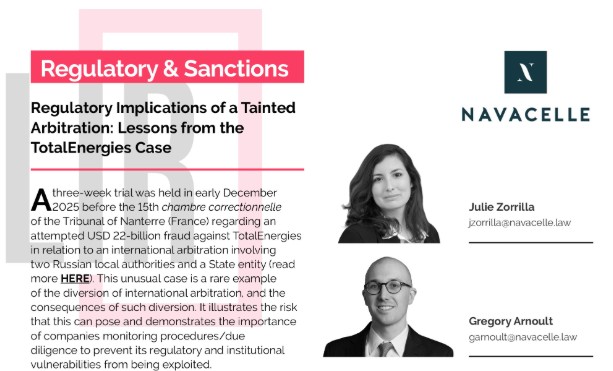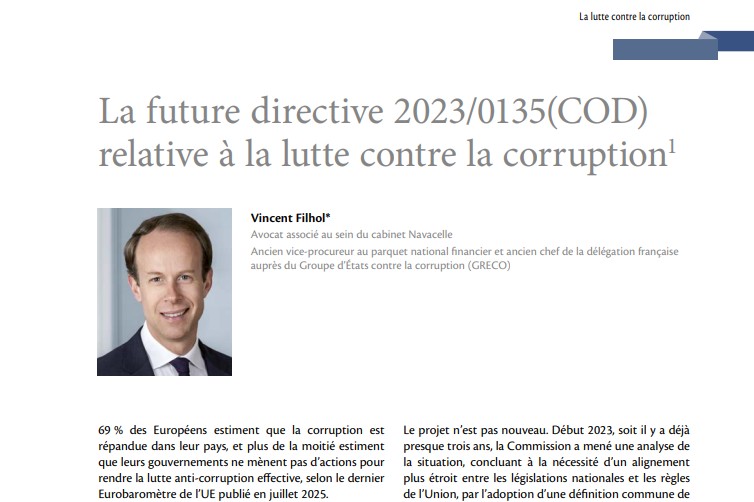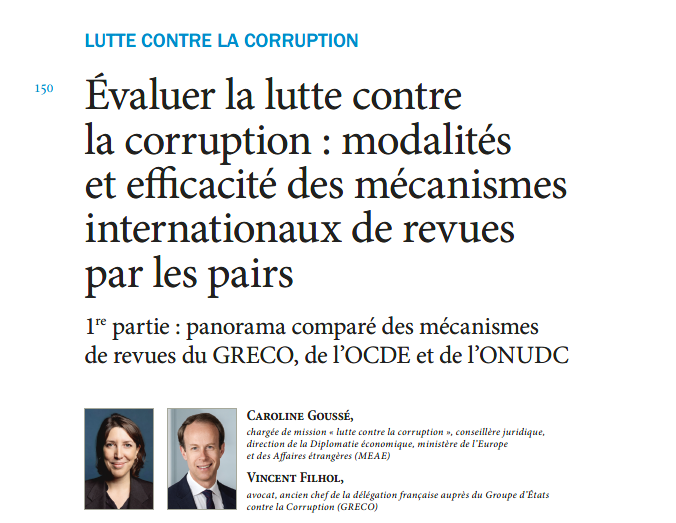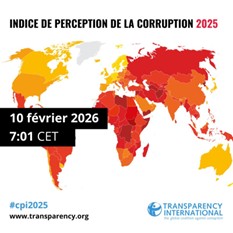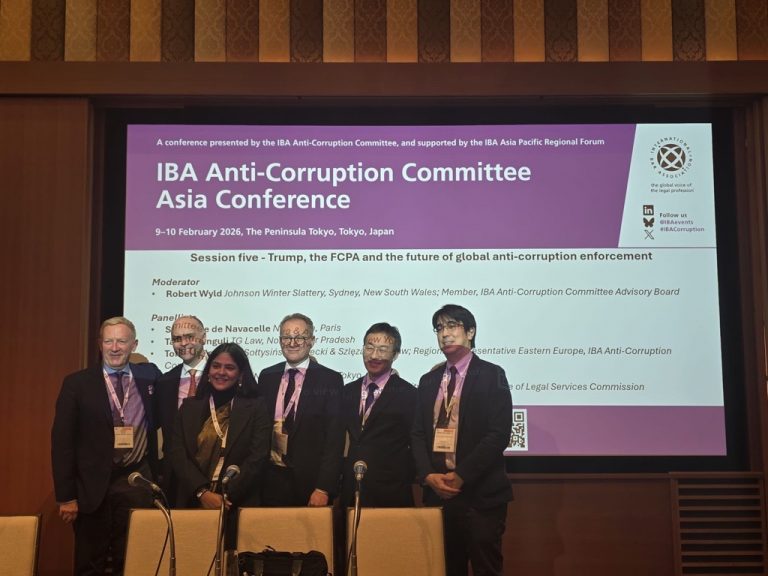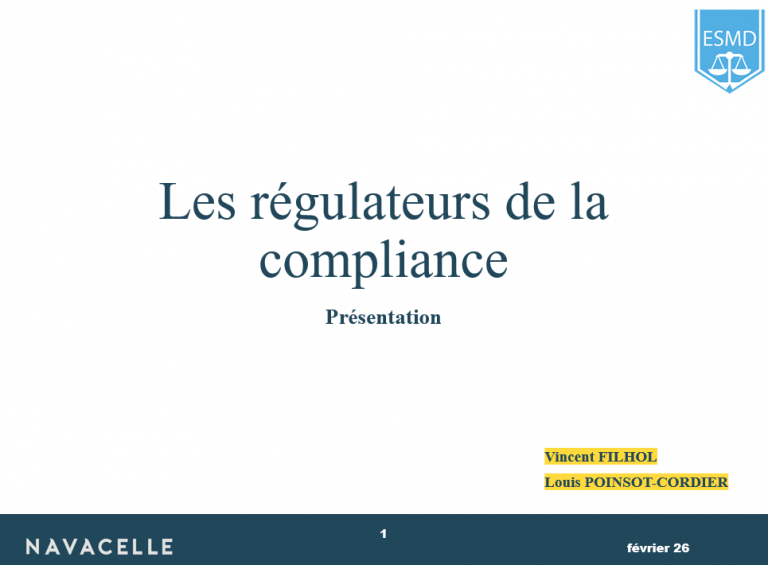By enacting the Sapin II Act, France demonstrated its commitment to strengthen the national anticorruption framework and enforcement powers. One of the key features of this new piece of legislation was the creation of a French Anticorruption Agency (“AFA”). By granting it a wide range of prerogatives, the AFA has appeared as one of the essence of Sapin II.
French legislator arms itself with a new anticorruption instrument
In 2016, the French legislator enacted Sapin II, a legislative arsenal aiming at a providing efficient mechanisms to eradicate corruption. One of the milestone of this law has been the creation the AFA. Replacing the Central Corruption Prevention Department (“the SCPC”), the AFA has a broader scope to address more effectively corruption issues and comply with international requirements1.
Acting under the supervision of the Ministry of Justice and the Ministry of Budget, AFA’s purpose is to assist authorities in the prevention and detection of corruption offenses, influence peddling or embezzlement2.
The strength of this new agency lies in its ability to conduct a 2-stage investigation in companies with over 500 employees and a benefit exceeding €100 million. During the first stage, companies have the obligation to forward all relevant documents to the agency3. The AFA will then investigate in the facilities of the company – interviewing any employees, clients or even subcontractors. The AFA will at the end issue a report which will be shared among the parties involved4. Based on its report and the company’s observations, the agency will decide whether it should issue a warning urging the company to put in place an effective compliance program. In case of unlawful conduct, AFA’s Commissions of Sanctions, composed of 6 magistrates, may issue a pecuniary fine against legal entities (up to €1 million) or private individuals (up to €200,000)5.
To carry out its mandate, the agency has also other prerogatives. Upon requests of the Prime Minister, the AFA must ensure that French companies which have been convicted in another country, comply with compliance requirements6. The AFA’s may also issue recommendations helping private and public entities to identify misconducts, influence peddling or embezzlement and improve their compliance programs7. Despite this wide scope, the AFA should not be seen as an sanctioning authority but a preventive authority as it puts forward the implementation of anticorruption programs.
Cooperation trumps prosecution
In an advisory opinion, the Conseil d’Etat, highest administrative authority in France, defined the role of this brand-new agency. Although the AFA participates in the fight against corruption, its mandate should not compete with other entities such as the National Financial Prosecutor Office (PNF).
The purpose of the AFA is to assist companies in the implementation of compliance programs and by doing so prevent unlawful conduct. In December 2017 for instance, the agency issued non-binding guidelines to help companies to address corruption issues and enact compliance programs. To draft these guidelines, the AFA relied on foreign legislations, and more precisely the Bribery Act 2010 and the Resource Guide to the U.S Foreign Corrupt Practices Act (FCPA guide)8.
In the light of the advisory opinion of the Conseil d’Etat, the AFA appears more as an auxiliary, assisting pre-existing anticorruption key players. Initially, the legislator provided the AFA with the ability to impose measures on the territorial collectivities. The Conseil d’Etat disagreed with such provision arguing that only the law may compel a public service to take measures9. Recommendations issued by the AFA are therefore only soft law as it does not have any binding effect10.
Despite its sanctioning power, the AFA increasingly appears as a cooperation instrument aiming at facilitating the implementation of compliance procedures than a repressive organ. The AFA may not prosecute unlawful obligations: it has an obligation to refer violations that are brought to its attention to the PNF11. It is in this aspect that the AFA mainly differs from the American Department of Justice and the UK Serious Fraud Offices. Indeed, the AFA has not issued a single sanction since its creation12. It has however started to monitor companies having entered into DPAs13.
* * *
In the past recent years, the French legislator was proactive in improving the anticorruption arsenal to comply with international standards, namely by establishing the AFA by Sapin II. The AFA thus transpires as a key stone in the fight against corruption. While the agency does not aim to compete with the PNF, DOJ and SFO, it is a vehicle permitting anticorruption practices to become second nature to economic actors.
